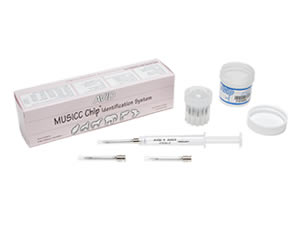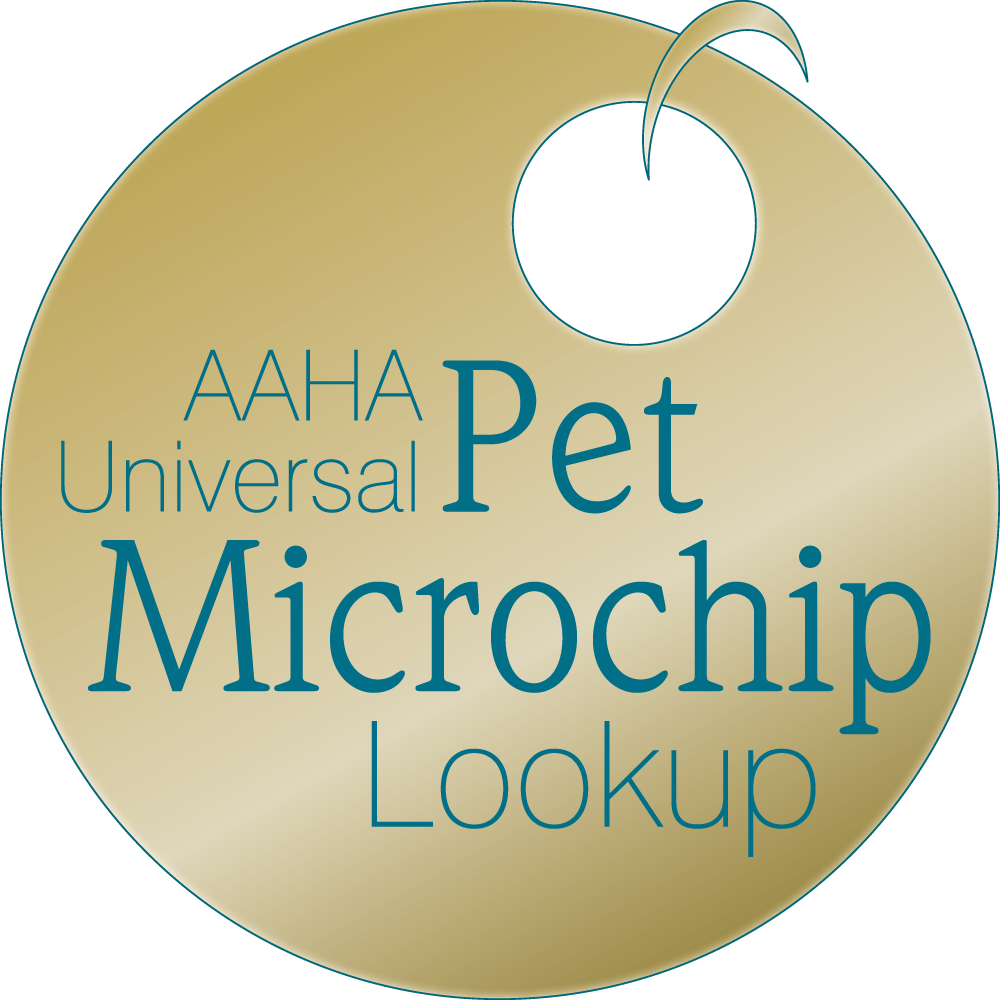Biologists and conservationists have been using AVID® PIT Tags for over 20 years to humanely identify and monitor wildlife species in their captive or natural habitats. Since the 1980s, AVID has been a pioneer in designing radio frequency/electronic animal identification devices and even today few animal-marking systems are as dependable as AVID PIT tags. For decades, biologists have been using AVID PIT tags to improve their research and monitoring programs.
The practice of PIT tagging wild animals for research began with fisheries and later expanded to include mammals, reptiles, amphibians, and invertebrates. AVID PIT tags can provide information for a large diversity of wild animal species both large and small. PIT-tagged animals that are recaptured can provide a wealth of information on growth and mortality rates, movement patterns, and even food web relationships within an ecosystem. When you choose AVID PIT tags you get products that are designed to help ecologists, biologists and the animals they study and protect.
What is the AVID PIT Tag?
 The AVID PIT tag is about the size of a grain of rice (12mm length) and is subcutaneously or intramuscularly injected into animals with a 12-gauge needle. The AVID PIT tag is a passive integrated transponder that does not use batteries but is energized by an electromagnetic field produced by a scanner. It features an electronic microchip sealed in a biocompatible glass capsule coated with Parylene C. The glass capsule protects the microchip and prevents tissue irritation. Once within the scanner's electromagnetic field, the transponder is energized and transmits a unique identification number to the scanner where the number is displayed on a liquid crystal display (LCD). Transponder implants are often called microchips because the actual microchip is contained within the transponder itself.
The AVID PIT tag is about the size of a grain of rice (12mm length) and is subcutaneously or intramuscularly injected into animals with a 12-gauge needle. The AVID PIT tag is a passive integrated transponder that does not use batteries but is energized by an electromagnetic field produced by a scanner. It features an electronic microchip sealed in a biocompatible glass capsule coated with Parylene C. The glass capsule protects the microchip and prevents tissue irritation. Once within the scanner's electromagnetic field, the transponder is energized and transmits a unique identification number to the scanner where the number is displayed on a liquid crystal display (LCD). Transponder implants are often called microchips because the actual microchip is contained within the transponder itself.
Depending on the application and environment, AVID PIT tags are available in various frequencies. AVID offers both 125 kHz or 134.2 kHz frequency coded PIT tags in 12mm lengths. Injection systems are available for 12 mm PIT tags, larger tags require surgical implantation. The commonly used 125 kHz coded tag (9 digit number) is the secure AVID encrypted PIT tag and the 134.2 kHz (FDX-B) coded tag is the 15 digit ISO tag. Whether in their natural or captive habitats, AVID PIT tags provide permanent, accurate identification for a vast number of wildlife species.
| FriendChip | FECAVA | ISO FDX-B | |
|---|---|---|---|
| Frequency | 125KHz | 125KHz | 134.2KHz |
| Technology | FDX-A | FDX-A | FDX-B |
| Unique ID | Yes | No | No |
| Encrypted | Yes | No | No |
| # Characters | 9 | 10 | 15 |
| Code Format | Alphanumeric | Hex | Numeric |
Benefits of Identifying Wildlife with AVID PIT tags
Once the implant procedure is complete the animal will have permanent identification. This technology greatly improves animal identification and monitoring because:
- PIT tagging is a humane and accurate way to permanently identify animals in a captive or natural habitat.
- The implant procedure can be performed during mark and recapture studies, medical evaluations, and surgeries.
- PIT tagging wildlife in their natural habitats allows you to monitor individual growth rates, movement patterns, and longevity.
- PIT tagging wildlife can help curtail Illegal trade and poaching.
- PIT tagging wildlife adheres to CITES regulations that require positive animal identification for transport.
- Once implanted, the AVID PIT tag provides rapid, error free identification that is virtually impossible to remove or alter.


